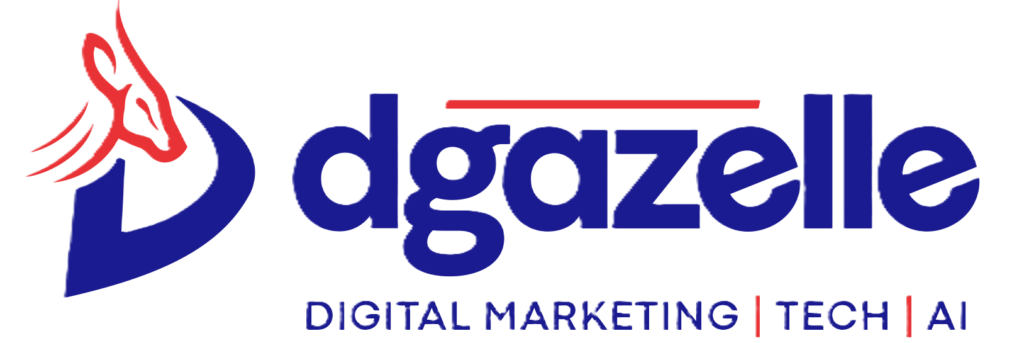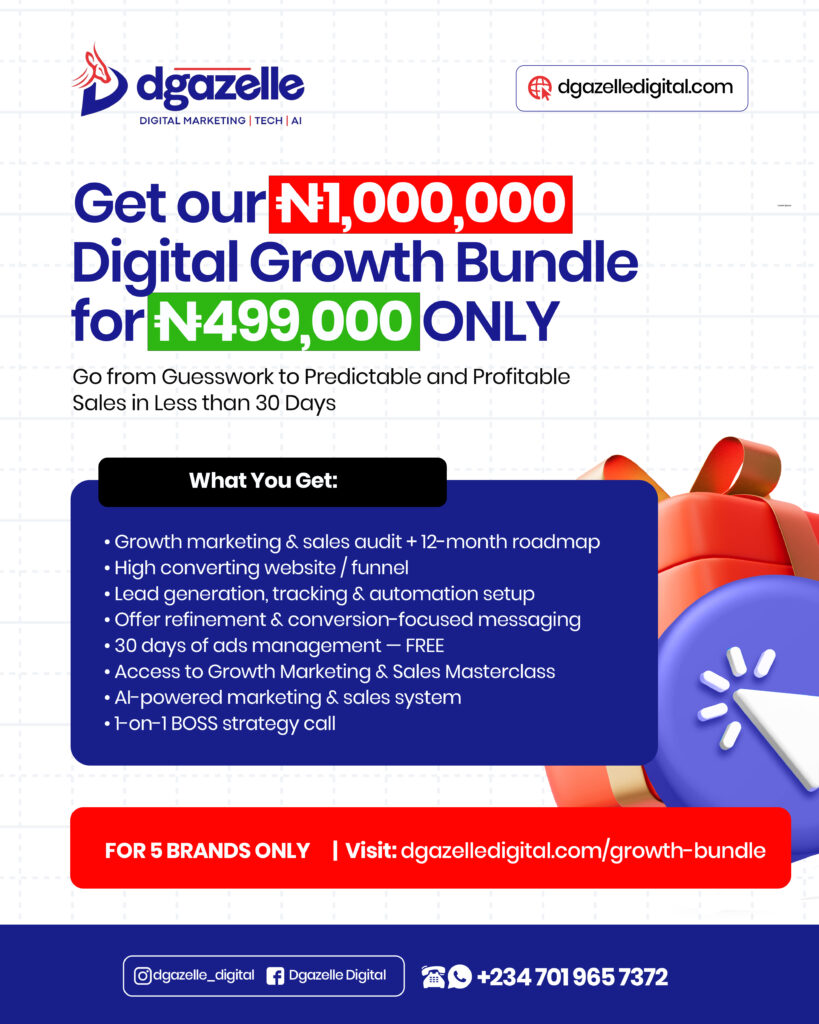If you are serious about growing your business in 2025, you cannot afford to ignore the marketing tools that are shaping how customers find, buy and stay loyal to brands. The competition is fierce, and those who succeed are not just working hard; they are working smart with the right tools in place. Today I am going to break down the best marketing tools to use in 2025 and how they can transform your business. By the end you will know exactly what to use to scale and stay ahead.
Why You Need the Right Marketing Tools in 2025
Marketing has changed a lot. What worked in 2020 no longer delivers the same results. Consumers are smarter, algorithms are tighter, and attention is harder to win. Businesses that grow are those that combine strategy with automation data and speed. Using the wrong tool wastes time and money. Using the right tool means faster growth and more profit.
1. Customer Relationship Management (CRM) Tools
If you want to scale, you need to manage your leads and customers properly. A CRM tool is not optional in 2025. It helps you keep track of conversations, follow-ups and sales pipelines without missing opportunities.
Top Choices for 2025
- HubSpot CRM: Free to start and powerful when you upgrade It is perfect for small and medium businesses.
- Zoho CRM: Affordable and very effective for managing large numbers of contacts.
- Salesforce: Best for bigger businesses that need advanced reporting and integrations.
With a CRM in place you do not lose leads, and you can automate reminders and sales tracking.
2. Email Marketing and Automation Tools
Email is not dead. In fact, it remains one of the most profitable marketing channels. The difference in 2025 is automation and personalisation. Customers expect tailored emails, not generic blasts.
Top Choices for 2025
- Mailchimp: Easy to use and great for beginners.
- ActiveCampaign: Best for automation and creating customer journeys.
- Brevo (formerly Sendinblue): Affordable with SMS integration.
With the right email marketing tool, you can nurture leads automatically and increase conversion without working 24 hours.
3. Social Media Management Tools
Social media is where your customers are, but managing multiple platforms manually wastes time. With the right tools you can schedule posts, track performance and engage faster.
Top Choices for 2025
- Buffer: Simple and affordable for scheduling.
- Hootsuite: Great for monitoring conversations and managing multiple accounts.
- Metricool: Newer but powerful for analytics and content scheduling.
Using these tools, you save time and focus on creating better content while still staying consistent.
4. SEO and Content Marketing Tools
If people cannot find you online, you do not exist. SEO is still the backbone of digital marketing in 2025. With the right SEO tools you can know what people are searching for and create content that ranks.
Top Choices for 2025
- SEMrush: All in one for keyword research, competitor analysis and tracking.
- Ahrefs: Best for backlink analysis and keyword tracking.
- SurferSEO: Helps you optimise content for Google rankings.
With these tools you do not guess what to write; you write content that attracts the right traffic and converts.
5. Paid Ads and Funnel Tools
Ads are becoming more expensive, so you need tools that maximise every naira you spend. In 2025 it is not about running ads; it is about building the right funnel behind the ads.
Top Choices for 2025
- Google Ads Manager: Still king for search traffic.
- Facebook Ads Manager: Perfect for targeting Nigerians with precision.
- ClickFunnels: For creating landing pages and sales funnels that convert.
Using ads with the right funnel ensures that your money works harder and gives you a higher ROI.
6. Analytics and Tracking Tools
You cannot scale what you do not measure. Data is the new oil in 2025. Businesses that grow use tools that tell them what is working and what is wasting money.
Top Choices for 2025
- Google Analytics 4: Essential for tracking website traffic and conversions.
- Hotjar: Lets you see how visitors behave on your site.
- Mixpanel: Great for analysing user journeys and product performance.
With analytics tools you make smarter decisions based on data, not guesswork.
7. Content Creation Tools
Content is still king, but now you need quality at scale. Whether video, text or graphics, you need tools that make content creation fast and professional.
Top Choices for 2025
- Canva Pro: Perfect for design without needing a designer.
- CapCut: Great for editing short videos for TikTok and Instagram.
- Jasper AI: For writing blog posts, ads and captions faster.
These tools help you create engaging content without spending too much.
8. Collaboration and Productivity Tools
As your team grows, you need everyone aligned. Scaling is impossible without smooth communication and task management.
Top Choices for 2025
- Slack: For team communication.
- Trello: For task management.
- Notion: All in one for notes, projects and collaboration.
When your team is aligned, you grow faster without confusion.
How to Choose the Right Tools for Your Business
You do not need to use every tool. The right approach is to look at your current stage and biggest bottleneck. If you lack leads, focus on CRM and ads. If you have traffic but no conversions, focus on email marketing and funnels. If you already have customers but low retention, focus on CRM and analytics. Choose tools based on your problem, not on hype.
Final Thoughts
In 2025 business owners who scale are not the ones who work the hardest but the ones who leverage tools that save time and maximise results. The tools above are not just trendy; they are practical and tested. Do not wait until competitors outrun you.
If you want expert guidance on setting up and using these tools for your business, send a DM to Dgazelle Agency today. We will help you scale faster with the right digital marketing systems in place.
Click here to contact us today







